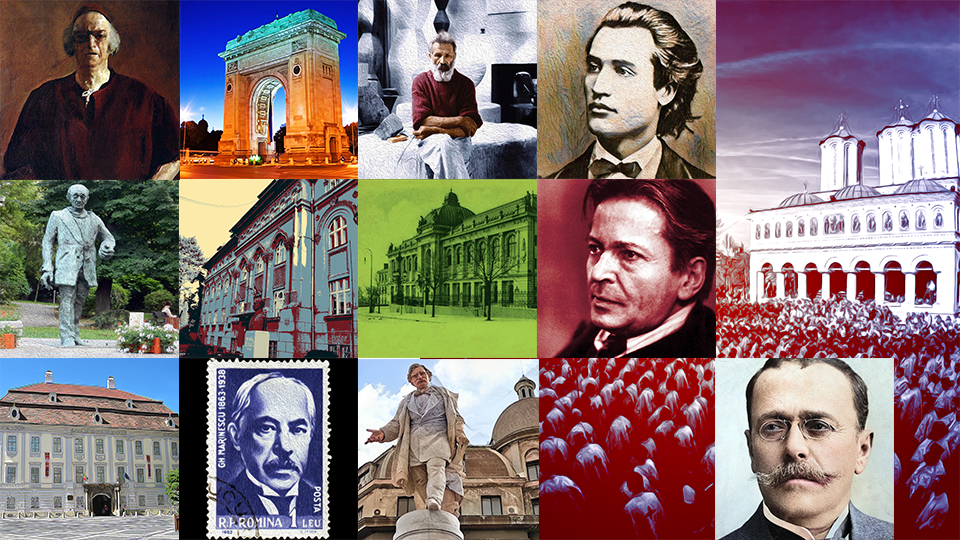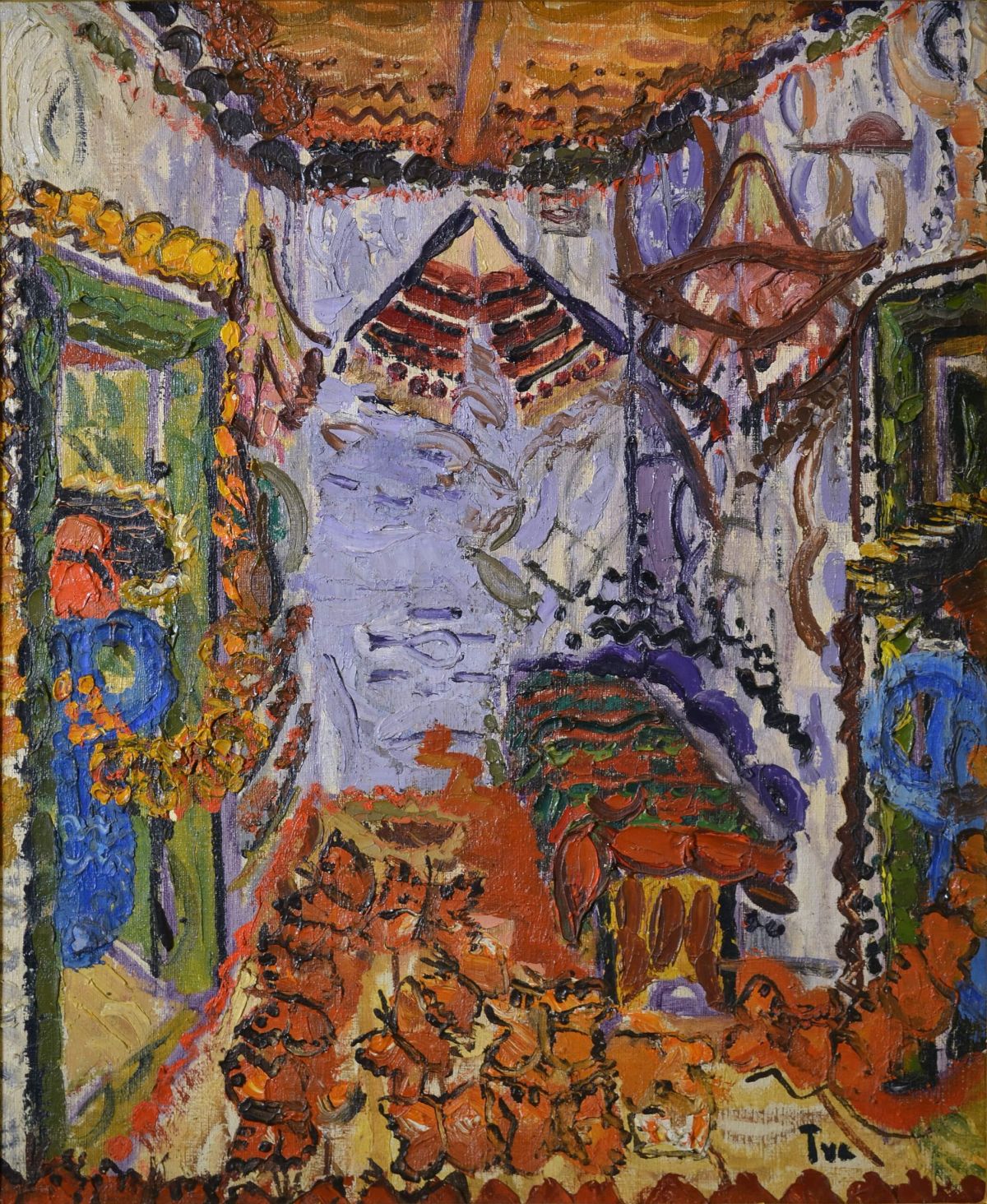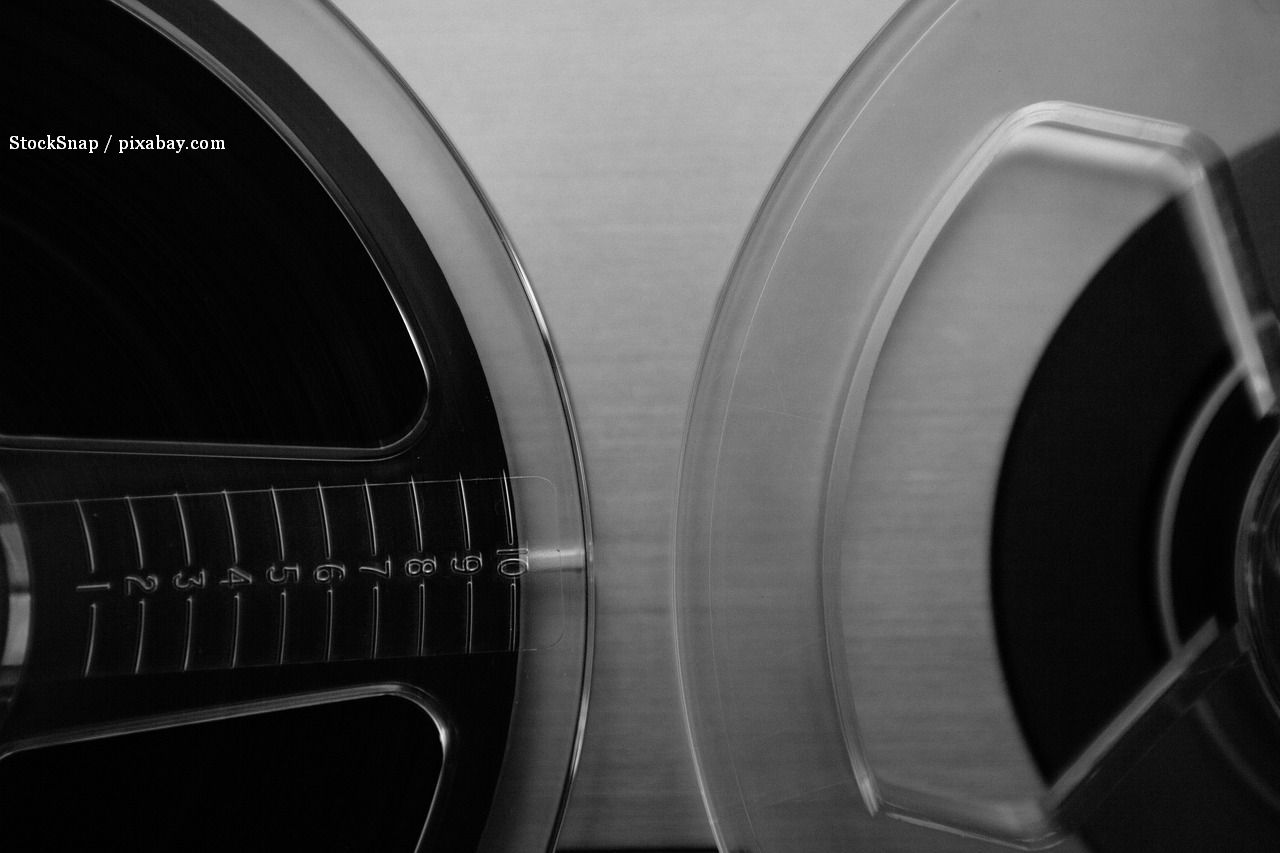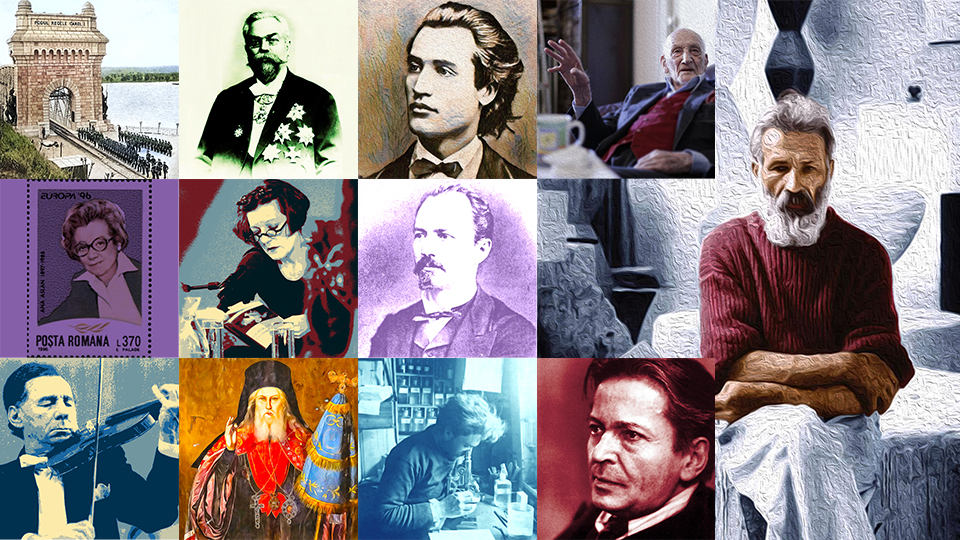Philosopher Mihai Sora
Romania's longest-living intellectual of outstanding merit
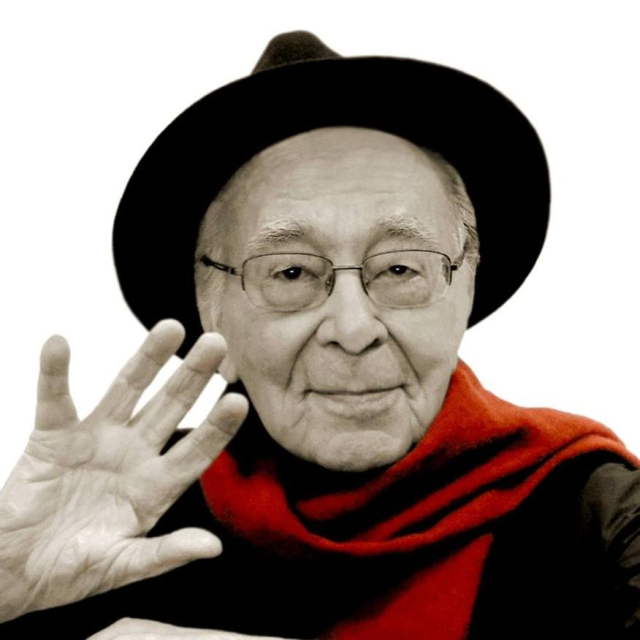
Steliu Lambru, 26.03.2023, 14:00
Philosopher and essayist Mihai Sora has recently passed away in his home in Bucharest. Sora was one of the Romanian intellectuals who had outlived several political regimes. Sora was also a witness of the great changes that marked the 20th century. His substantial work aside, Sora also compelled recognition for several other performances, still unparalleled to this day. If a classification of the longest-living writers were to be compiled, Sora would definitely have a place in the upper echelon. Very few human beings can boast having lived 106 years. Another feat could be the year of his birth. Sora was born when World War One was in full swing, while at the end of the war Greater Romania came into being, in 1918. Mihai Sora even used to say I am older than Greater Romania. Another feat was the publication, in 1947, by the Gallimard Publishers in Paris, of his volume Du dialogue intérieur. Fragment d’une anthropologie métaphysique. (On the Inner Dialogue. Fragments of a metaphysical anthropology). Sora was the first Romanian to have seen one of his books brought out by the posh French publisher. Sora is also one of the oldest protesters: at the age of 100, Mihai Sora joined the protesters who mounted antigovernmental protest rallies in Bucharest’s Victory Square in 2017.
Mihai Șora was born in November 1916 into the family of a priest, in Banat, then one of the Austro-Hungarian Empire’ provinces with a predominantly Romanian-speaking population. He read Philosophy and Classics with the University of Bucharest. In 1938, Sora was granted a scholarship in France. In World War Two, during the German occupation of France, Sora wrote a doctoral dissertation about the great French philosopher Blaise Pascal. It is World War Two that Mihai Sora’s communist deviation dates from. Sora enlisted as a member of the French Communist Party. His deeply anti-fascist feelings, shared by so many other intellectuals, were manipulated and hijacked, and steered towards taking sides with the other facet of the criminal totalitarian regime, communism. However, his biography would fortunately cure him of the communist illusion. In 1948, Sora returned to Romania to visit his parents, but the communist regime in Romania banned him from returning to France, where his wife and children were waiting for him. Sora was thus forced to stay in Romania and live here for the rest for his life.
Mihai Șora used to be close to the Iasi Group, a group of intellectuals who were trying to oppose the communist regime in the 1970s, a group made of writers, essayists, philosophers, translators.
Sorin Antohi was one of the members of the Iasi Group. He reminisced what Mihai Sora used to do for them, whenever needed.
Tereza Culianu-Petrescu didn’t mince her words: Mihai Șora was our friend, the man who came to Iasi so many times. He used to spend so much time with us and we need to say the things that are less well-known. Yes, he carried documents that had to be taken out of the country, letters, magazine issues, so many other things that had to be taken out of the country. They had to be sent abroad in various ways, via various channels. And yes, Mihai Sora at least three times acted as the carrier for those documents that had to be sent abroad.
After 1945, Romania had the full experience of the communist utopia. The intellectuals, together with society, had been experiencing the same material and spiritual frustrations. The daily absurd had gained its momentum.
Sorin Antohi recalled how Mihai Sora, then cured of any political illusion, behaved in an episode where the reality and the ideological utopia were clearly delineated from one another.
I should like to evoke Mihai Sora one last time, as follows: there is a heated discussion on the Internet and everywhere else about him, in every respect and in any direction. I shall soon publish a text bearing the title Mihai Sora’s Silences. People don’t know anything about it because they haven’t seen it, they didn’t witness anything, so they know nothing about his silences. And if meaningful silences ever existed, they were Mihai Sora’s silences. Let me give you just one example: during a conference on utopia I organized at the Iasi University in 1986, Mihai Sora, was, from my point of view, the special guest star. All of them were special guest stars, but he was the most special guest star. Mihai Sora stood up from his seat when I gave him the floor, he made for the pedestal he was supposed to speak from, he fixed the audience in the hall with a rather steady gaze, he looked to the left, he looked to the right, he walked back to the seat he stood up from and got himself seated quietly. Just as I also said then, I’m also saying the same right now: there are things about which silence is sometimes more eloquent. Instead of speaking about utopia in a dystopia, just as we were trying to do, in our own form of subversion and counterculture, Mihai Sora kept silent.
After 1989, Mihai Șora had his own contribution to the rebirth of political life in Romania, being appointed Education Minister. He also took part in the consolidation of Romania’s civil society as a member of the Group for Social Dialogue and of the Civic Alliance. To the end of his life, Mihai Sora remained a distinct and active public voice. (EN)

